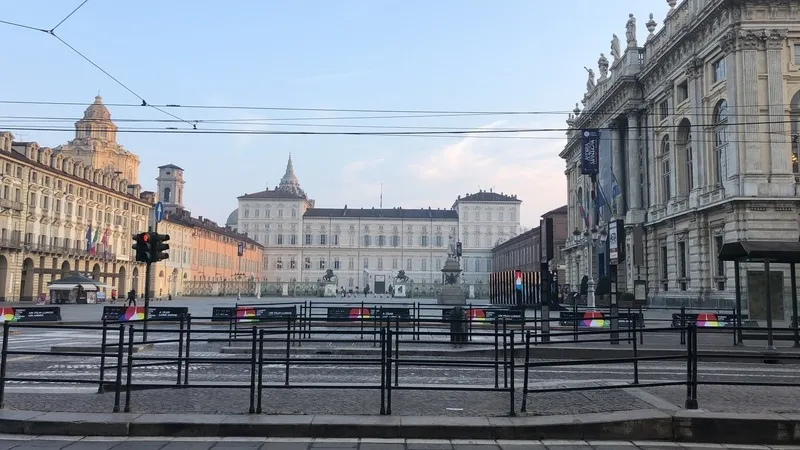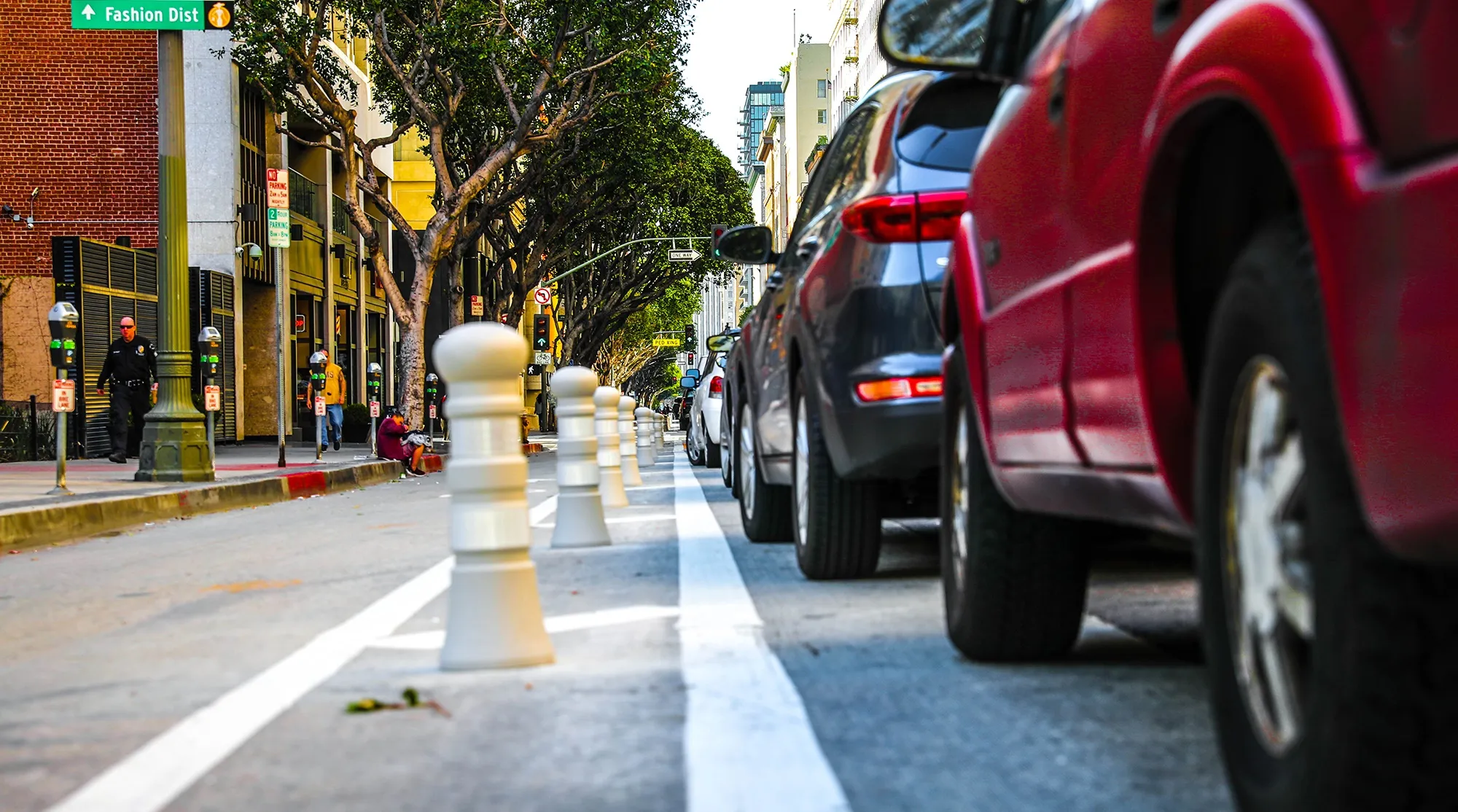
Mobility as a Service specialist Moovit has released a report tracking the decrease - relative to typical usage - from 15 January, prior to Covid-19 taking hold outside its epicentre in China.
As of 2 April, usage has fallen by nearly 90% in Italian cities such as Milan, Turin and Rome and in the Spanish capital Madrid – the two European countries so far hit hardest by the virus. Figures from half a dozen French cities show a fall-offs between 83% (Paris and Marseille) and 85% (Bordeaux).
The Portuguese cities of Porto (83%) and Lisbon (75%) have also seen significant drops.
In the US, ridership in San Francisco fell 76%, 72% in Seattle, 69% in New York and Boston, 64% in Los Angeles and 59% in Washington, DC.
Elsewhere in the world, the drops are revealing: public transport ridership is down 91% in Kuala Lumpur, 84% in Tokyo, Japan, 75% in Buenos Aires, Argentina, 67% in Sydney, Australia, and 53% in Hong Kong. In Singapore, it is holding up relatively well, falling just 34%.
In Brazil, where president Jair Bolsonaro’s approach to Covid-19 public health measures has been viewed by many other countries as too relaxed, ridership was down 62% in Sao Paulo and 59% in Rio de Janeiro.
Click here for more cities.







